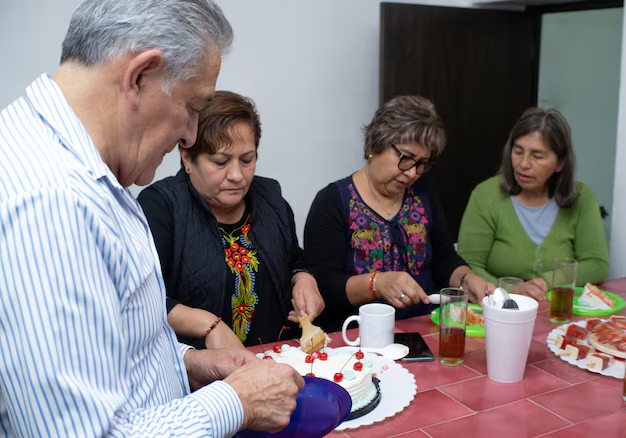Understanding the Brighton Housing Authority: What You Need to Know
Finding a stable, affordable home can be challenging in today's economic climate. The Brighton Housing Authority steps in as a crucial partner for individuals and families seeking housing assistance in Brighton. This government entity provides support and resources designed to alleviate housing issues for low-income residents, ensuring that everyone has access to safe and secure accommodations.
What is the Brighton Housing Authority?
The Brighton Housing Authority is a government agency tasked with providing quality affordable housing and supportive services to eligible residents in the Brighton area. Operating within guidelines set by the Department of Housing and Urban Development (HUD), the authority manages housing programs that include public housing and Section 8 vouchers, among others. These programs aim to bridge the gap between residents and affordable, quality housing options.
Key Functions and Services
Public Housing Programs: Provide affordable rental units within managed properties to qualified low-income families, elderly individuals, and people with disabilities.
Section 8 Housing Choice Vouchers: Offer rental assistance to eligible families and individuals, allowing them to rent in the private market.
Family Self-Sufficiency (FSS) Program: Helps participants increase their earning potential and achieve independence through education and employment opportunities.
Resident Services: Support personal and community development with resources such as financial counseling and educational workshops.
Navigating Government Housing Aid
Understanding these programs' intricacies can seem daunting; however, leveraging available resources can ease this process. Applying for housing assistance often involves meeting specific income criteria and residency requirements. Potential applicants should gather necessary paperwork, including income statements and identification documents, to streamline the application process.
Additionally, tenants who receive housing aid are encouraged to engage with community programs that offer financial literacy and personal development resources. Such programs pave the way for sustainable self-sufficiency and reduce dependency on government aid in the long run.
Financial Assistance Beyond Housing
While housing support is vital, individuals and families often require additional financial assistance to stabilize their economic situation. Here are practical options to consider:
Exploring Financial Aid Programs
Government Assistance Programs: Programs like Temporary Assistance for Needy Families (TANF) provide financial support for families in need, enabling them to cover essentials beyond housing.
Debt Relief Options: Services offering guidance on managing and consolidating debt can provide relief and financial clarity.
Credit and Financial Solutions
Credit Counseling Services: Nonprofit agencies offer free or low-cost counseling to help improve financial health and long-term credit score management.
Affordable Credit Options: Secured credit cards and other financial tools can assist individuals in building or rebuilding their credit.
Educational and Job Training Opportunities
Educational Grants: Various federal and state grants support educational pursuits, easing the financial burden on students in need.
Workforce Development: Exploring job training programs can enhance employment prospects and lead to better financial stability.
Helpful Resources at Your Fingertips
Ensuring your family's financial health involves more than just securing stable housing. Here's a quick guide to explore various support avenues:
- 🏡 Public Housing Support: Access affordable rental units through the Brighton Housing Authority.
- 🏠 Section 8 Vouchers: Secure rental assistance for private market options.
- 📚 Education Grants: Pursue scholarships and financial aid for educational growth.
- 💡 Debt Management: Seek counseling for debt relief and credit improvement.
- 💪 Job Training Programs: Enhance skills through workforce development initiatives.
- 💳 Credit Solutions: Access secured credit options to build or rebuild credit.
Understanding and utilizing these resources effectively can make a significant difference in achieving stability and independence for you and your family in Brighton. Remember, the first step is reaching out and exploring the support available to you.

